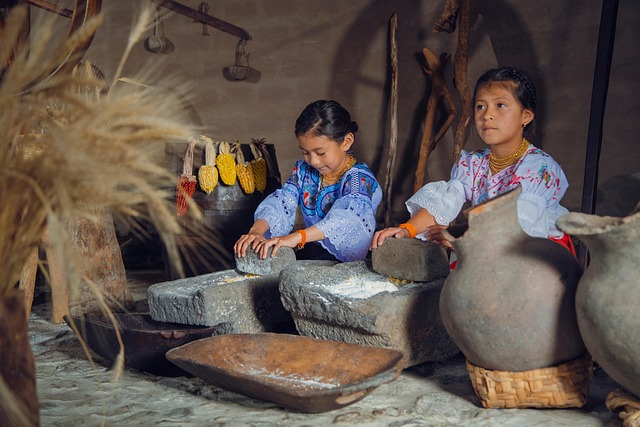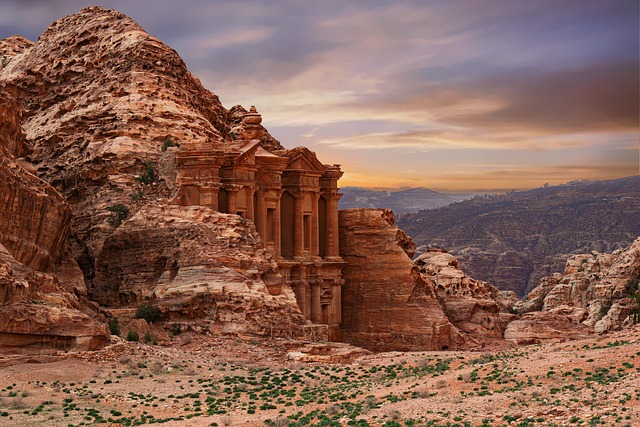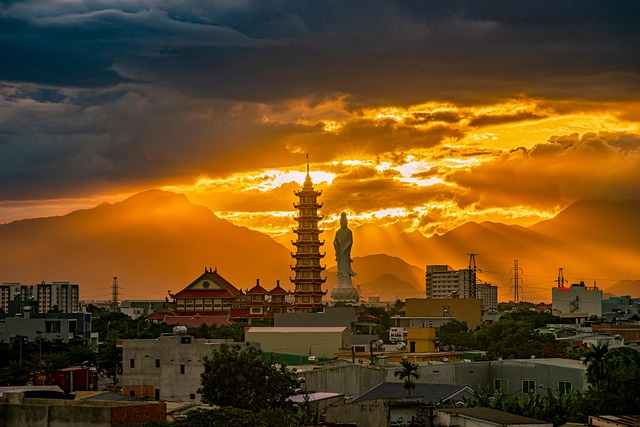The world is a vibrant tapestry woven with diverse threads of culture, language, and especially, faith. Every religion brings with it a set of unique traditions and celebrations that reflect the values and history of its followers. As we delve into the various cultural holidays observed across the globe, we can appreciate how these festivities not only signify beliefs but also the rich heritage tied to each faith.
Take Christmas, for example, celebrated by millions around the world, which embodies themes of love, generosity, and hope. It transcends mere religious observance and transforms into a cultural highlight where families gather to exchange gifts and create memories. The colorful decorations, joyful carols, and delectable feasts bring a sense of warmth and unity, allowing everyone, regardless of their faith, to feel included in the spirit of giving.
Similarly, Diwali, the Festival of Lights, is celebrated predominantly by Hindus, Sikhs, and Jains. This five-day festival marks the triumph of light over darkness and good over evil. Streets adorned with shimmering lights and households bursting with joy create an inviting atmosphere, encouraging people from different walks of life to join in the festivities. The sharing of sweets, the dressing in new clothes, and the lighting of diyas (oil lamps) symbolize hope, prosperity, and cultural unity.
Then there’s Ramadan, a month-long observance observed by Muslims worldwide that embodies spiritual reflection, prayer, and community. The breaking of the fast, known as iftar, becomes a cultural gathering point where families and friends come together to share a meal, reflecting the importance of community and compassion in Islamic teachings. These practices invite individuals from diverse backgrounds to learn and experience the meaning of empathy and charity.
In addition to these well-known holidays, there are numerous other cultural celebrations tied to religion, such as Hanukkah, the Jewish Festival of Lights, which commemorates the rededication of the Second Temple in Jerusalem. The customs associated with this holiday, including lighting the menorah and playing dreidel, carry with them stories of resilience and faith that resonate with many.
Throughout history, cultural holidays rooted in religious beliefs have served to connect communities and promote understanding among differing faiths. They invite us to step outside our own experiences and engage with the rich stories and traditions that shape other lives. Participating in cultural festivities not only enhances our knowledge but also fosters a profound respect for the beautiful diversity that enriches our world.
As we embrace these cultural holidays, let us remember that they are not merely special days on the calendar, but vital expressions of identity and heritage. They teach us invaluable lessons of acceptance, love, and unity in a world that often feels divided. By recognizing and celebrating the various aspects of faith through these holidays, we cultivate a deeper understanding of one another, paving the way for more harmonious coexistence among diverse communities.




